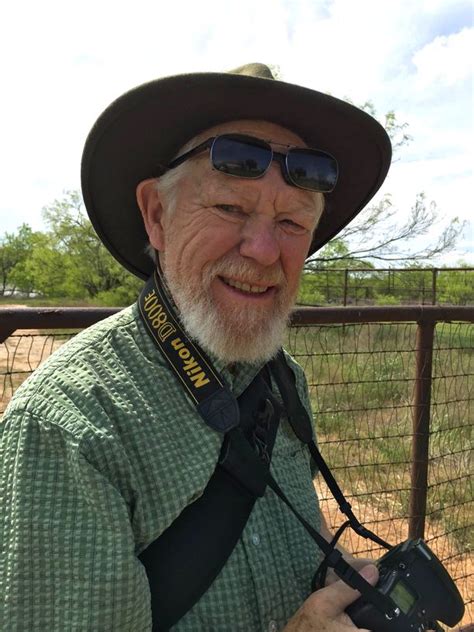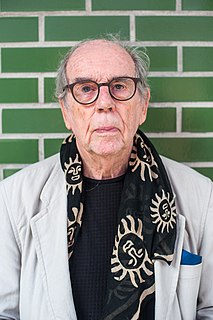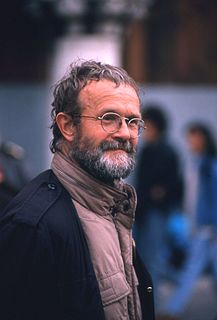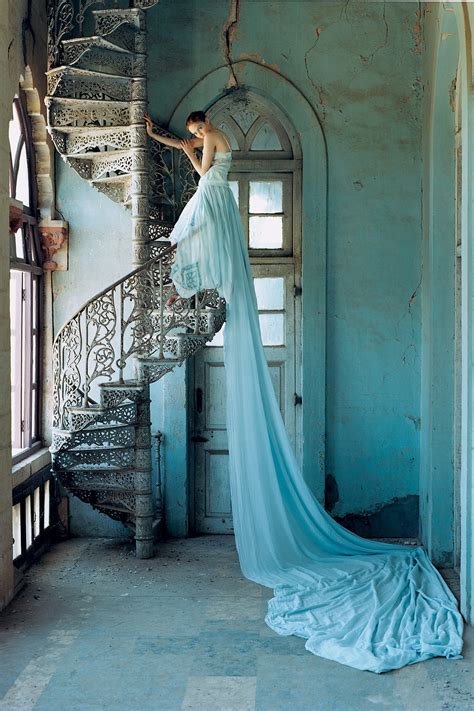A Quote by Frank Gohlke
When a photographer chooses a subject, he or she is making a claim on the interest and attention of future viewers, a prediction about what will be thought to have been important.
Related Quotes
The new female is competent in all that she chooses. She chooses whatever her heart tells her. She can create a business, lead a country, drive a truck, hammer nails, deliver mail, or raise a family. She is at home in every social and physical environment. She can be a housewife, if she chooses. She can be anything else, too. She is intuitive and heart centered. She is all that a female has been, and more.
A photographer is a witness. He has a moral duty. Every picture must be true and honest. I believe a photographer's strength is his ability to accurately record reality. There are photographers who think they are lucky if they find unusual or special subject. But it is never the subject that is so marvelous. It is how alive and real the photographer can make it.
Christians aren't making a religious claim when they say Jesus rose from the grave. They're making a historical one; they're saying that this thing happened just as surely and really as it happened that Julius Caesar became emperor of Rome. It's the kind of claim that can be thought about and investigated; it can be judged.

































